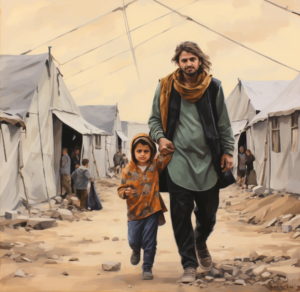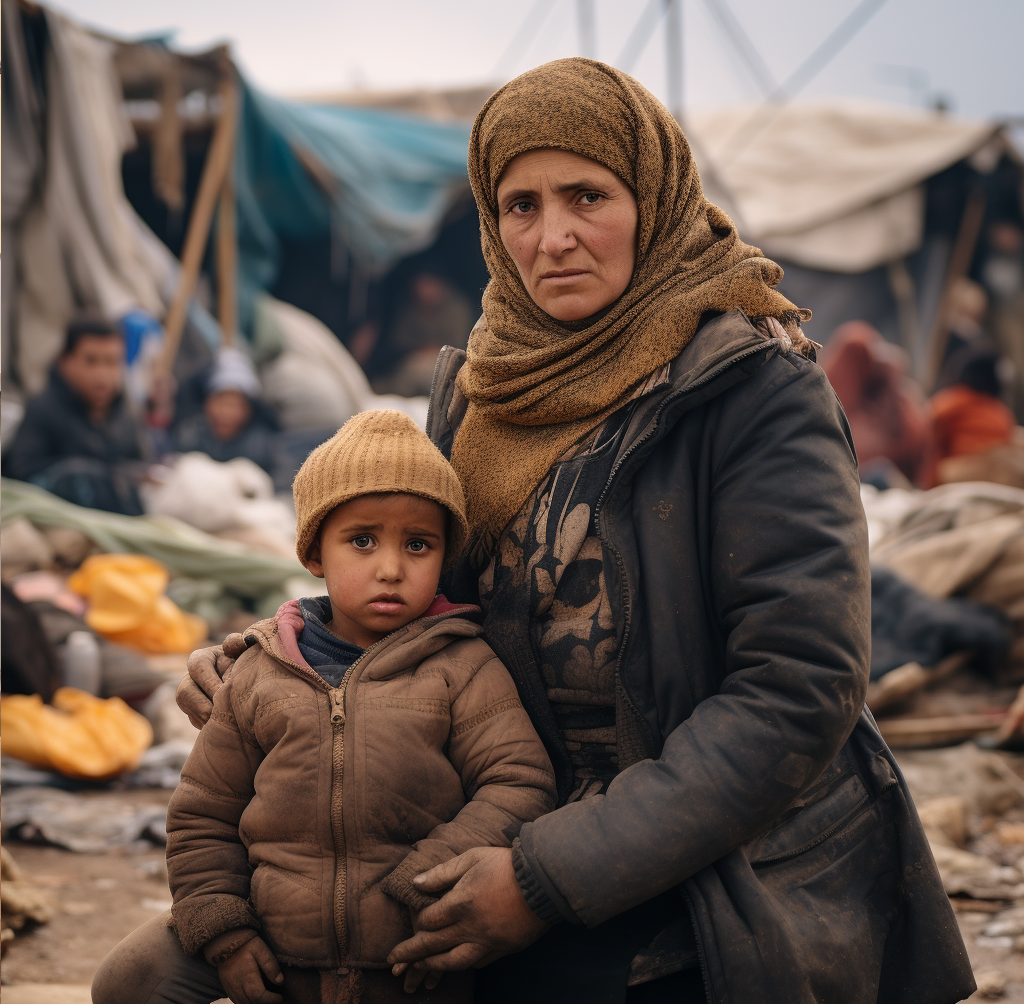Thousands of people were spotted swarming Pakistan’s northwest border on a recent day, all of them wanting to enter Afghanistan. Their haste followed the expiration of the deadline set by the Pakistani government for unauthorized foreign nationals to depart the nation. The future of more than a million Afghans living in Pakistan is now uncertain due to this sudden ultimatum that was given just one month ago.
Mass Deportation Efforts
Pakistani authorities began the process of gathering up unauthorized foreigners—most of whom were Afghans—in response to a request from the government. More than a million Afghans now have to decide whether to flee the country or risk being arrested and being forcibly expelled due to the actions of the authorities. According to the administration, Afghans have committed crimes and participated in insurgent activity inside their own nation. Due to this viewpoint, Pakistan has disregarded calls to reevaluate its actions from a number of sources, including Western embassies, human rights organizations, and the United Nations.
Rooted in Decades of Migration
Over the course of four decades, the country has developed a complicated relationship with Afghan migrants and refugees. The inflow of Afghans seeking shelter started following the Soviet invasion of 1979 and continued until the Taliban’s current rebirth in 2021. Millions of Afghans have found safety in the nation; of them, government statistics indicate that some 1.7 million are undocumented.

Rights Groups Raise Concerns
Human rights organizations, including as Amnesty International, have strongly criticized Pakistan’s government’s deportation program. They draw attention to a crucial problem: because of registration process delays, a large number of recent immigrants to Pakistan have been unable to get identity credentials that are accepted. Human rights organizations have called on the government to reevaluate its choice, pointing out the serious danger that would face women and girls in particular if they were forced to return to Afghanistan.

Pakistan’s Government Promises Care
Although the government is unwavering, it has also revealed plans to open detention centers around the country to help with the processing of detainees before to their deportation. The elderly, young children, and women will receive special attention during this process. Authorities have promised that no group will be forced to return to Afghanistan, including women, journalists, and minorities. For individuals who are requesting assistance, the UNHCR has provided temporary slips; however, authorities have not yet acknowledged these slips as formal documents.

Limited Media Access
Since the situation worsened, the government of Pakistan has taken steps to limit media access to the border crossing. Concerns of keeping an eye on the developing situation and disseminating correct information are raised by this restricted access.
As a result, the events taking place near the border between Pakistan and Afghanistan continue to be complicated and difficult. With the abrupt deadline and the ensuing mass deportations, many Afghans—some of whom have lived in Pakistan for decades—are considering the difficult prospect of returning home to start again.
Article by Debanjana Talukdar
You can also join our Facebook Community
You can also read about Shubam Gill
Want to boost your spirits? Visit QuotesWalah for
powerful motivational quotes.

[…] You can also read about Afghan Migrants […]